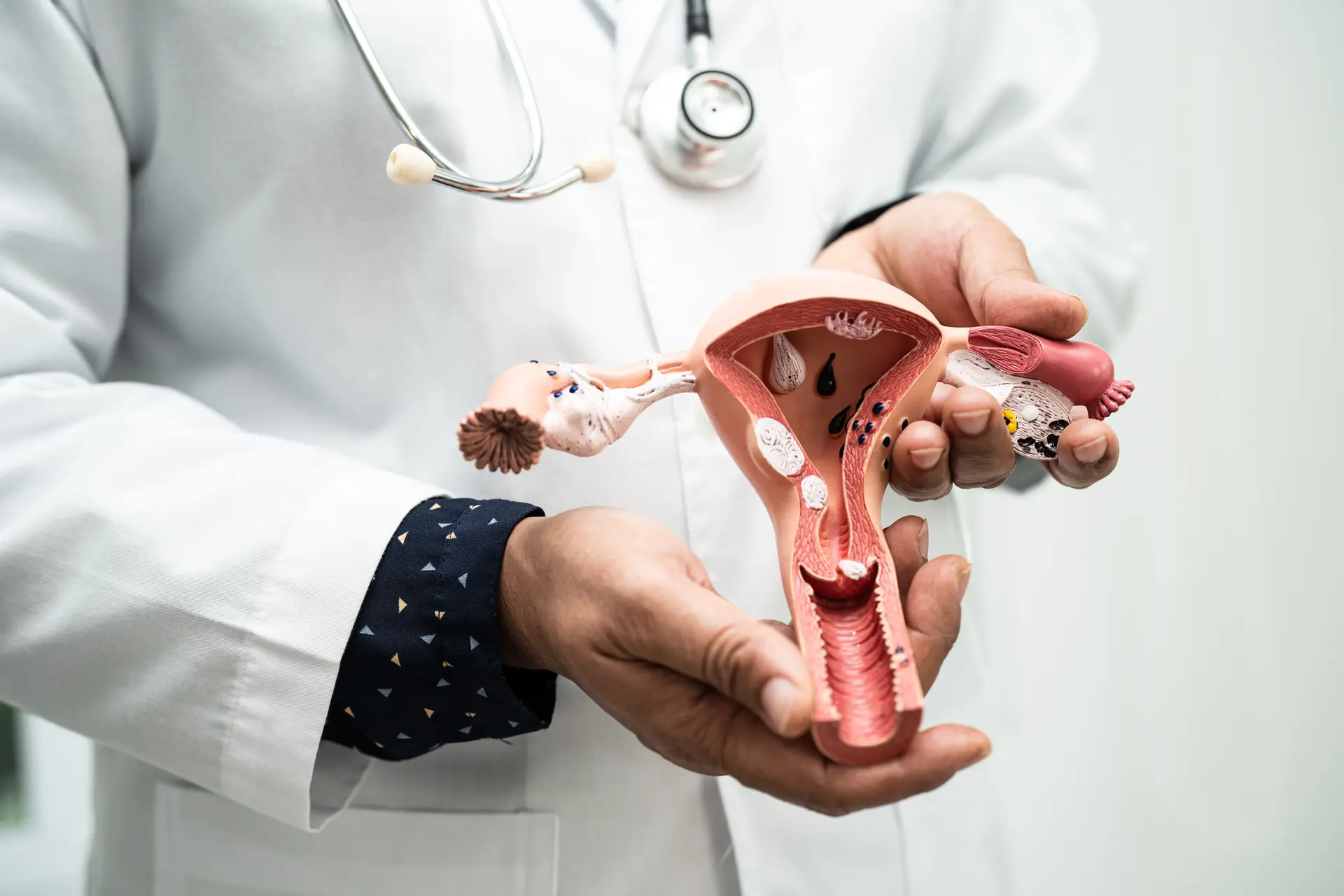How Healthy Eating Can Lower Your Risk of Developing Diseases
In a society where fast food and processed snacks have become commonplace, the importance of healthy eating needs more emphasis. Your diet plays a pivotal role in determining your overall health and well-being. Beyond just maintaining a healthy weight, consuming a balanced and nutritious diet can significantly lower your risk of developing various diseases.
In this article, we will delve into the reasons why healthy eating is a powerful preventive measure, exploring how it can help you steer clear of common health issues.
Heart health
One of the most significant benefits of a healthy diet is its impact on heart health. Cardiovascular diseases, including heart attacks and strokes, are leading causes of mortality worldwide. Consuming a diet rich in fruits, vegetables, whole grains, lean proteins, and healthy fats can help lower your risk of heart disease. These foods are packed with antioxidants, fibre, and essential nutrients that reduce inflammation, lower cholesterol levels, and maintain healthy blood pressure. On the other hand, diets high in saturated and trans fats, salt, and sugar can contribute to the development of heart problems. By making nutritious choices, you can safeguard your heart and enjoy a longer, healthier life.
Weight management
Maintaining a healthy weight is crucial for preventing a wide range of diseases, from diabetes to certain types of cancer. A balanced diet that emphasises portion control and nutrient-dense foods can help you manage your weight effectively. Processed foods and sugary beverages, often associated with excess calories and unhealthy fats, can lead to weight gain and obesity. These conditions are known risk factors for chronic diseases, such as type 2 diabetes, which can be largely prevented through proper diet and lifestyle choices. By incorporating whole foods and mindful eating habits, you can keep your weight in check and reduce the risk of obesity-related illnesses.
Diabetes prevention
Type 2 diabetes is a rapidly growing health concern worldwide, with dietary choices playing a central role in its development. A diet high in refined carbohydrates and added sugars can lead to insulin resistance, a key driver of type 2 diabetes. Conversely, a diet rich in whole grains, vegetables, and lean proteins can help regulate blood sugar levels and improve insulin sensitivity. Fibre-rich foods like beans, legumes, and oats slow the absorption of sugar, preventing spikes in blood glucose. By adopting a balanced diet that supports stable blood sugar levels, you can significantly reduce your risk of developing diabetes, enhancing your long-term health prospects.
Cancer prevention
While genetics and environmental factors play a role in cancer development, dietary choices can also influence your cancer risk. Research has shown that diets high in fruits and vegetables, which provide essential vitamins and antioxidants, can reduce the risk of various types of cancer, including colorectal, breast, and lung cancer. On the other hand, diets high in processed meats, red meat, and sugary beverages have been associated with an increased risk of cancer. A healthy diet supports your body’s natural defence mechanisms, helping it fight off cancerous cells and inhibit their growth. By incorporating cancer-fighting foods into your daily meals, you can take proactive steps to lower your cancer risk.
Conclusion
In conclusion, the old adage “you are what you eat” holds true when it comes to your health. Healthy eating isn’t just about fitting into a smaller dress size; it’s about safeguarding your well-being and lowering your risk of developing diseases. By making wise food choices and embracing a balanced diet rich in whole foods, you can protect your heart, manage your weight, prevent diabetes, and even reduce your risk of cancer. So, start today—take control of your health through the power of healthy eating and enjoy a longer, disease-free life. Your future self will thank you for it.
For more information, please contact:
Ms J Singh
Discipline: Dietician
Hospital: Ahmed Kathrada Private Hospital
Telephone: +27 11 852 6277
















